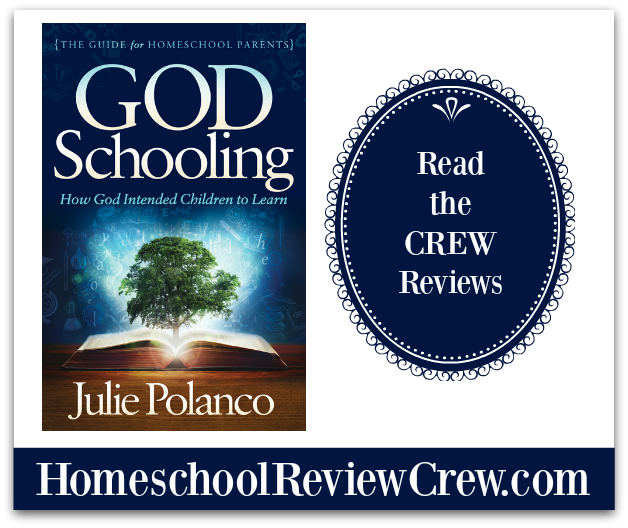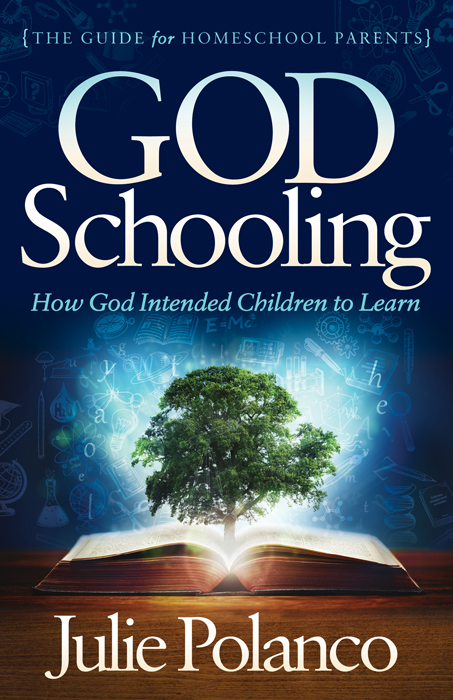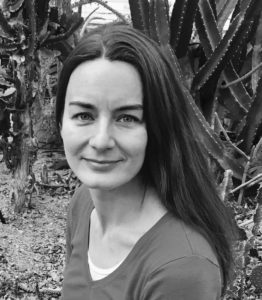
If you are a regular reader of mine, you know I don't like extremes very much. When the word unschooling or even the notion gets brought up around my husband, it's pretty much a dead in the water idea. So, if you can relate to that, some of the ideas in this book might turn you off right away simply because they seem to favor unschooling and bucking the norm so much. The reality is I agree and implement the spirit of what she has to say. Even in high school, I was toying around with the idea that everyone is different and shouldn't be expected to be the same. To this day I blame the industrial revolution for this cookie cutter society we keep wanting to produce. Still, I don't consider myself and unschooler at all.
I think, perhaps, she and I started off in vastly different places. I'm a type B and struggle with schedules and NOT going with whatever we feel like is interesting that day. From the first chapter or so, I would guess she began more like a Type A person who fulfills all things to the curriculum, despite what the child might be inclined to. So, about half of the conclusions she has come to I agree with and started out with in my homeschool approach. My husband is a voracious learner and even if we didn't homeschool, my kids would be exposed to new things all. the. time. just by being around him. He loves to play and tinker with things and gladly brings them along. That is a natural learning, something she advocates throughout.
The interesting thing though is that much of her challenging ideas are biblically based or produced from a mountain of research. After reading the book, I agree that many of our expectations and standards are NOT those placed on us by God, but by social norms. The area we may disagree on is when is it problematic enough to resist those social norms? I have a child who resists math sometimes because he says it's hard. I also know that his mother rocked a lot of things in school until they got 'hard' and then she liked to quit out of impatience. Some of Polanco's ideas might suggest that we just put math on the shelf until a better time. I know, as a parent and from personal experience, that it is a character issue rather than about the math. Still, she advocates understanding the needs of each child, recognizing they will likely be different than their siblings so we would probably agree on a lot.
My advice to you - especially fellow homeschoolers - is to hear her out. Read the book and see what you think. Depending on your personal expectations and concerns about education, this book might challenge you in a huge way or it might solidify a lot of what you have been thinking, but might feel guilty about. That was my experience. I love a fluidity to our learning and have to work at maintaining structure, which makes me feel like a bad mom/teacher/homemaker. But as I have suspected for a long time, there is a lot being done right there, despite what a traditional view might say.
Follow Julie Polanco on Social Media:
Facebook: https://www.facebook.com/juliepolancobooks/ @juliepolancobooks
Pinterest: https://www.pinterest.com/jpolancobooks/
This book discusses a lot of controversial concepts which means there will be a lot of different reactions to it. Be sure to check out what some of the other Crew Members had to say about it!







No comments:
Post a Comment